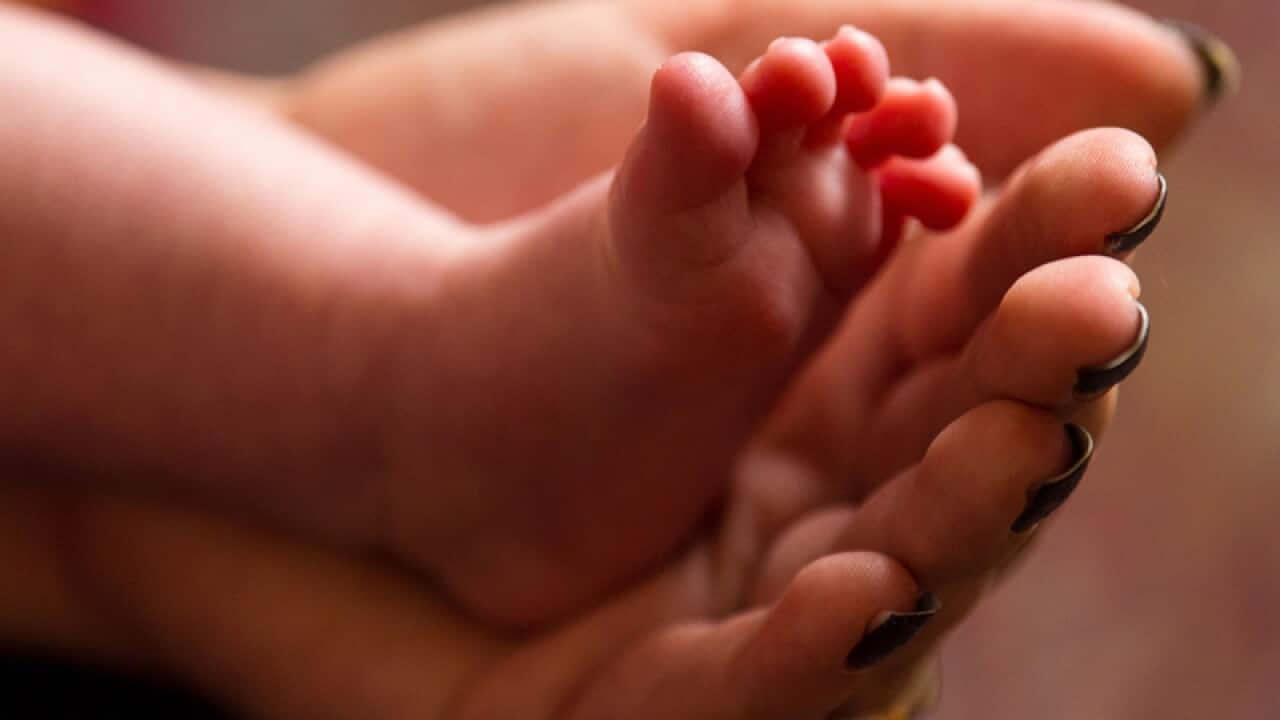China overturned it's one child policy in 2015, after concerns over its aging population, but many young women are now refusing to have a second child and are choosing their careers instead.
One of these women is Angela Jiang who gave birth to her son Gallant 18 months ago. He's her first child, and probably her last because the 27-year-old television hostess is eager to get back to work.
“I'm very anxious about my career now," she said.
"I think it's not a good thing for a hostess to get pregnant and get a baby."
Related reading

China's leaders move to prevent possible Hong Kong secession
She's not alone. According to recent survey 60 per cent of Chinese families don't want a second child.
Amy Zhao from the Beijing Women’s Network says young women are increasingly well-educated and choosing to pursue a career over traditional roles.
“Compared to my grandmother and mother’s days, Chinese women’s attitude in life changes," she said.
"They have more personal pursuits: pursuit of a better and quality life. So, that means you need to have some time on your own, for your own growth and your own dreams.”
But it's not all positive. Like many woman around the world, they face discrimination in the workplace and are struggling with rising cost of living.
“The top reason women are reluctant to have a second child is because of the economic burden," Ms Zhao said.
"And many of these women are single children themselves, and are under pressure to take care of their parents, and maybe also the parents of their husbands.”
To combat this leaders attending China's National People's Congress have been asked to consider financial incentives for women who have a second child.
By 2030, China will have the oldest population on Earth, with more than 400 million people over 60. The end of the one child policy lead to an 11 per cent jump in births, but that's not enough to sustain China's working population over the next few decades.
Chinese state media have reported that Wang Peian, the vice-minister of the National Health and Family Planning Commission (NHFPC), said the commission was considering "birth rewards and subsidies" for second children.
LGBT groups say encouraging single women to have children will help boost the population, as unmarried women who give birth currently face fines and public services are restricted.
Li Zishu, from the Beijing Health and Gender institute said, “based on current laws assisted reproductive technologies can be only used by married couples".
"The policy fails to recognise the reproductive needs of single women,” she said.
“If a woman can decide for themselves whether or when to have a child, rather than her family or the country telling her. This would be real reproductive freedom.”
Ms Jiang said she and her husband appreciated the option of having a bigger family, but she hopes her son will grow up to understand what she learnt as an only child: that less can be more.
Related reading

Healthy pregnancy weight vital for baby


